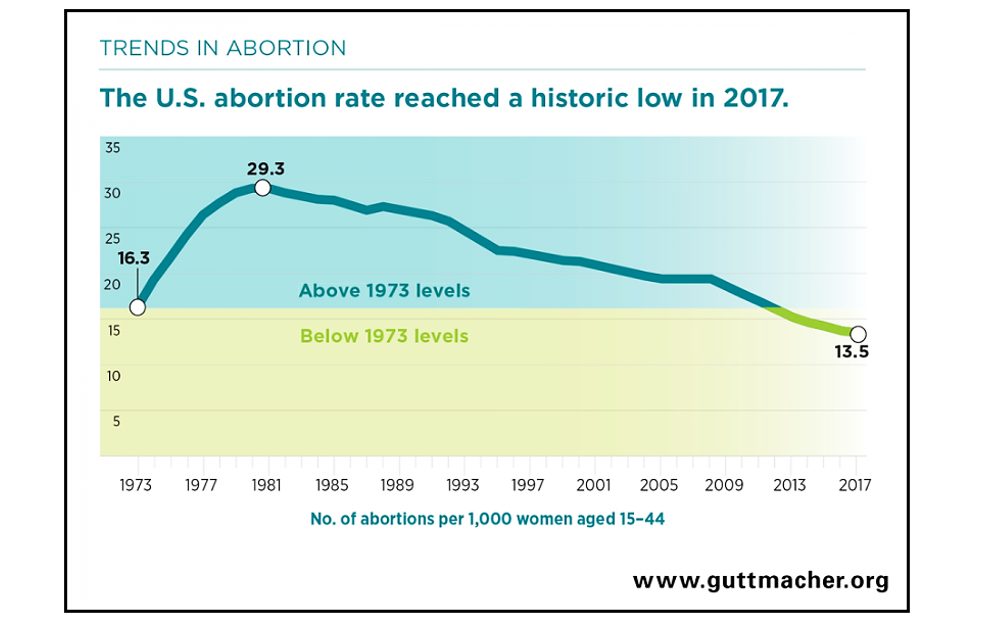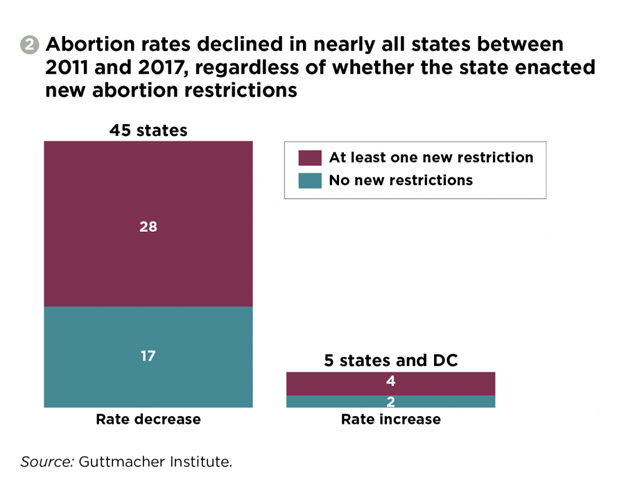Seeing Kingdom Light in Cultural Dark
U.S. Christians tend to be Eeyores about our country's culture. We focus on how bad things are now and how much worse they’re likely to get.
After a year of COVID, restrictions on worship, racial protests, a contested election and high-profile scandals among Christian leaders, it’s easy to see more darkness in American culture than light. It's easy to cast ourselves and our faith as persecuted victims in an anti-Christian culture.
At the base of this “siege mentality” is a theological error—putting more faith in the recent public standing of Christianity than in the present reality of Christ’s kingdom rule. But also at its base is a simple failure to recognize good news when we see it.
So beginning today and throughout much of this year, I’m going to remind us all of positive trends that should give us hope. Some of these will be global in nature, some will focus on the U.S. Some of these will be pleasant surprises for those who lean conservative, and some will be pleasant surprises for those who lean liberal.
In all cases, I hope to reassure you that even if Christianity appears to be losing out culturally, if we have eyes to see, we can see Jesus the King still acting within our cultures to bring blessings to us and glory to Him.
Surprise #1: No Matter Which Party Wins, Abortion in America Keeps Dropping
It’s an understatement to say abortion has been an out-sized issue for Christians when determining election choices. As someone who is strongly pro-life, it certainly has been for me.
It’s also an understatement to say that many American Christians supported Donald Trump because as president he took strong pro-life positions and acted on them.
Yet abortion isn’t just a political issue—it’s a real, life-and-death issue for hundreds of thousands of moms and their babies and their families. And even if you’re pessimistic about abortion at a political level, there is a lot of reason for optimism at the real-life level.
The abortion rate in America peaked in 1981 and has been falling ever since. When Democrats run Washington, abortion drops. When Republicans run Washington, drops. Even after the U.S. Supreme Court reaffirmed in 1992 its original 1973 decision to legalize abortion, the rate of abortions just kept dropping.

Certainly, this is due to a significant degree to all kinds of work by pro-life people and people from all persuasions who work to help mothers struggling with life to the point they don’t think they can raise a baby—or at least not another baby. But also, it appears to reflect changes in attitudes, even among those who support legalized abortion.
The staunchly pro-abortion Guttmacher Institute, which gathers these data from abortion clinics, looked in its most recent report for bigger drops in Republican-led states that have recently restricted abortion access. It couldn’t find it. Abortion rates have been dropping in all kinds of states—those with new restrictions and those without, those with mostly Democratic voters and those with mostly Republican voters.

Perhaps the best predictor for whether a woman actually has an abortion or not isn’t what she thinks about the “issue” and certainly not what the current president thinks about the issue. It’s whether or not she’s married. And Christ, in His providence, has kept some amount of the selfless love required for marriage and parenting going, even in the hearts of people who don’t know Him or acknowledge that He knits together every baby in its mother’s womb (Psalm 139:13).
When this long-term decline in the U.S. abortion rate gets reported in the news, it’s often with Guttmacher’s preferred explanations that women are using contraception more and having fewer unintended pregnancies (true and probably true), or that younger people today are having less sex than older generations were at their age (surprisingly, this is true) and the overall fertility rate has fallen (also true).
But what doesn’t get mentioned nearly as much is the increase in moms carrying their babies to term—even when the pregnancy was unintended.
We can see that trend in a less well-known statistic, the abortion ratio, which is number of abortions per 100 live births. It peaked in 1984 at 36.4 among women aged 15 to 44. In rough terms, that means that for every baby aborted, three others were born.
But in 2018, the most recent statistics available, the abortion ratio was 18.9 percent for women aged 15 to 44—which means that for every baby aborted, five other babies were born. The total number of births was roughly the same in both years.
Extend that math across the country and it means that more than 660,000 babies are being born now—every year—than would have been the case if the prevalence of abortion were the same as in 1984. Now that’s good news! You can’t really call yourself pro-life if you’re not praising God every day for those 660,000 lives.
We may think we have to get the right politicians into office to save babies—and, as I said, I think that’s important. But when it doesn’t happen, we don’t have to collapse in apocalyptic fear. We can trust—in fact, we can even check the stats—that Christ is at work, saving babies every day. I don’t know about you, but I find that a reason to be optimistic.
